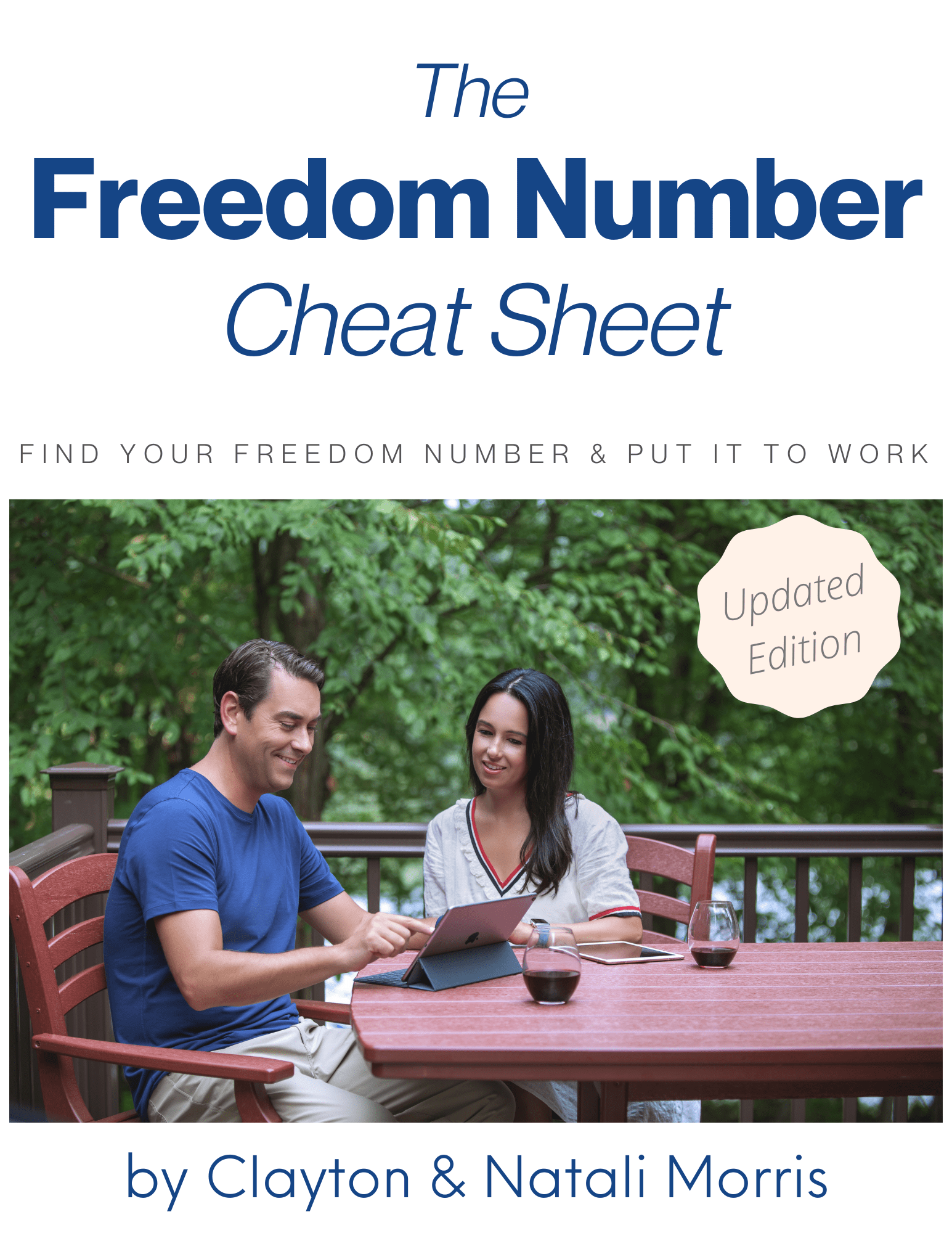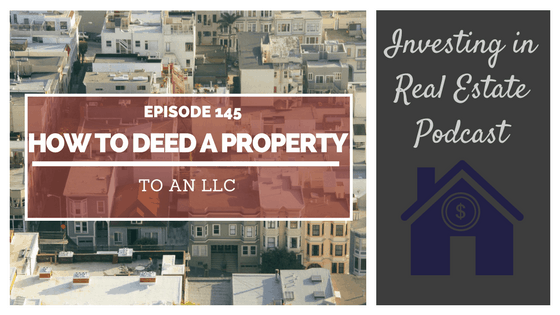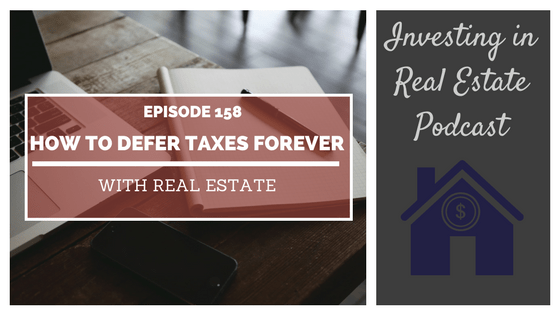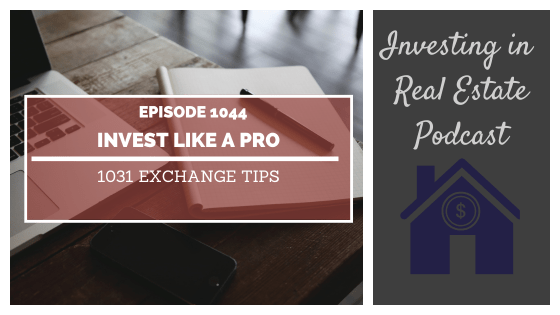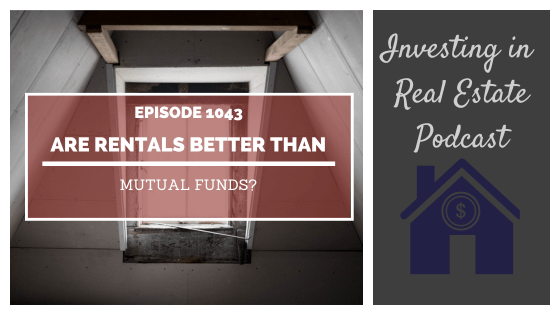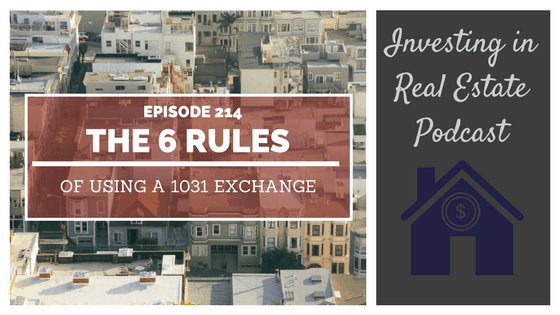
EP214: The 6 Rules of Using a 1031 Exchange
Book a call with our team: https://go.oncehub.com/morrisinvest/?utm_source=MIblog&utm_medium=MIBlog&utm_campaign=MIblog&Source=MIblog
A 1031 exchange is an incredibly powerful tool that allows an individual to save on taxes after the sale of a piece of real estate. This tax deferral program permits the investor to sell a real estate property and then reinvest the funds in a property of equal or greater value. Doing so allows the investor to keep more money in their pocket, and defer all capital gains taxes.
On this episode of Investing in Real Estate, Natali and I are sharing the six rules you must follow when conducting a 1031 exchange. We’ll discuss best practices for dealing with the IRS, and what you must do to successfully complete a 1031 exchange and defer taxes. We’ll also share more details about our favorite 1031 experts, and discuss resources you can use to learn more!
More About This Show
- In a 1031 exchange, the properties involved must be held for either business or investment purchases. You cannot conduct a 1031 exchange on your primary residence.
- The IRS requires that the investor identify their purchasing plans on day 45. The investor must describe the property or properties they are planning to use as the replacement in the exchange.
- The IRS also has a strict timeline that the investor must uphold. The investor has 180 days to complete the exchange. This begins on the day escrow closes on the sale.
- The investor must also work with a qualified intermediary. This is a third party that holds the money for the exchange in escrow.
- The title on the new purchase must be identical to the old property. For example, if first property was held in an individual’s name, that person cannot put the new purchase in their LLC.
- A 1031 exchange permits the investor to sell a real estate property and then reinvest the funds in a property of equal or greater value. The investor cannot make a purchase for less than the original property. This would defeat the purpose of deferring taxes on a gain.
If you’re ready to begin building a passive income through rental real estate, book a FREE call with our team today. We’re ready to talk about your goals and want to help you learn more about earning legacy wealth for you and your family.
On this episode you’ll learn:
- Can you conduct a 1031 exchange on a rental property that used to be a primary residence?
- Why does the IRS put a time constraint on 1031 exchanges?
- What is the 200% Rule?
- What is the 3 Property Rule?
- How can you use a 1031 exchange to pass real estate down to your heirs tax-free?
- And much more!
Episode Resources
EP197: The Legal Loopholes of Real Estate – Interview with Garrett Sutton
Loopholes of Real Estate by Garrett Sutton
The Ultimate Guide to 1031 Exchanges
EP158: How to Defer Taxes Forever with Real Estate – Interview with Leonard Spoto
Grizzly Bear Egg Cafe Podcast
Subscribe to Investing in Real Estate on iTunes
Find Your Financial Freedom Number
Subscribe to the Morris Invest YouTube channel
Like Morris Invest on Facebook
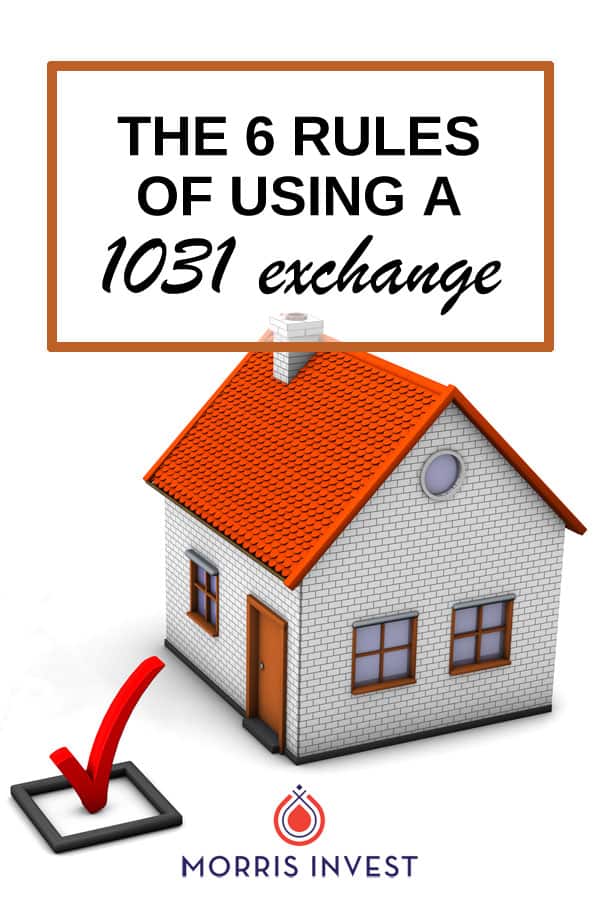
Ready To Build Passive Income Through Rental Real Estate?
Ready to talk about your goals? We're here to show you the tools and teach you the process to begin earning legacy wealth for you and your family.
